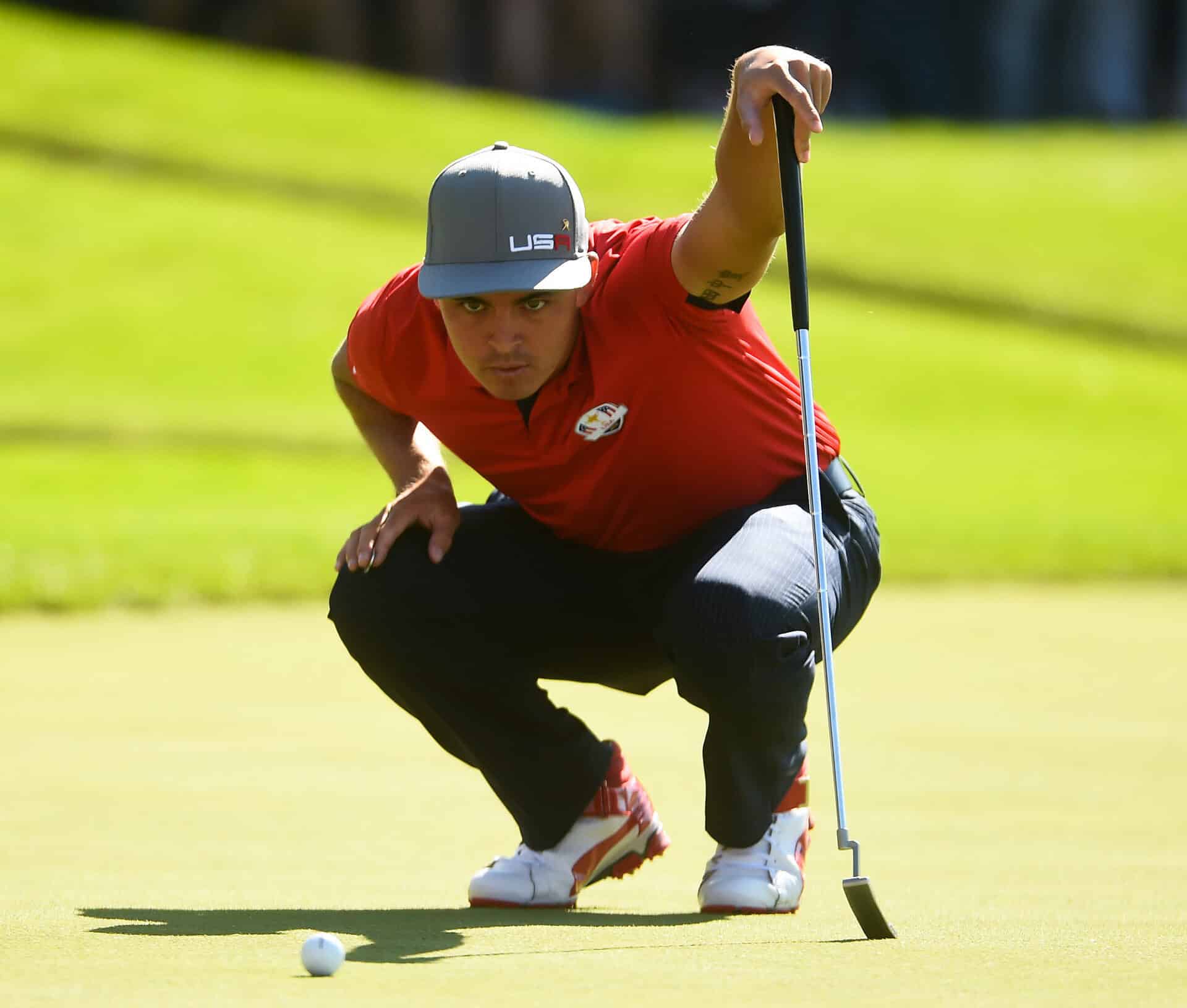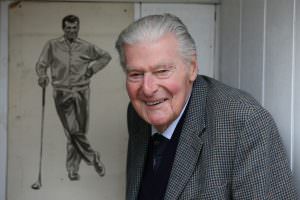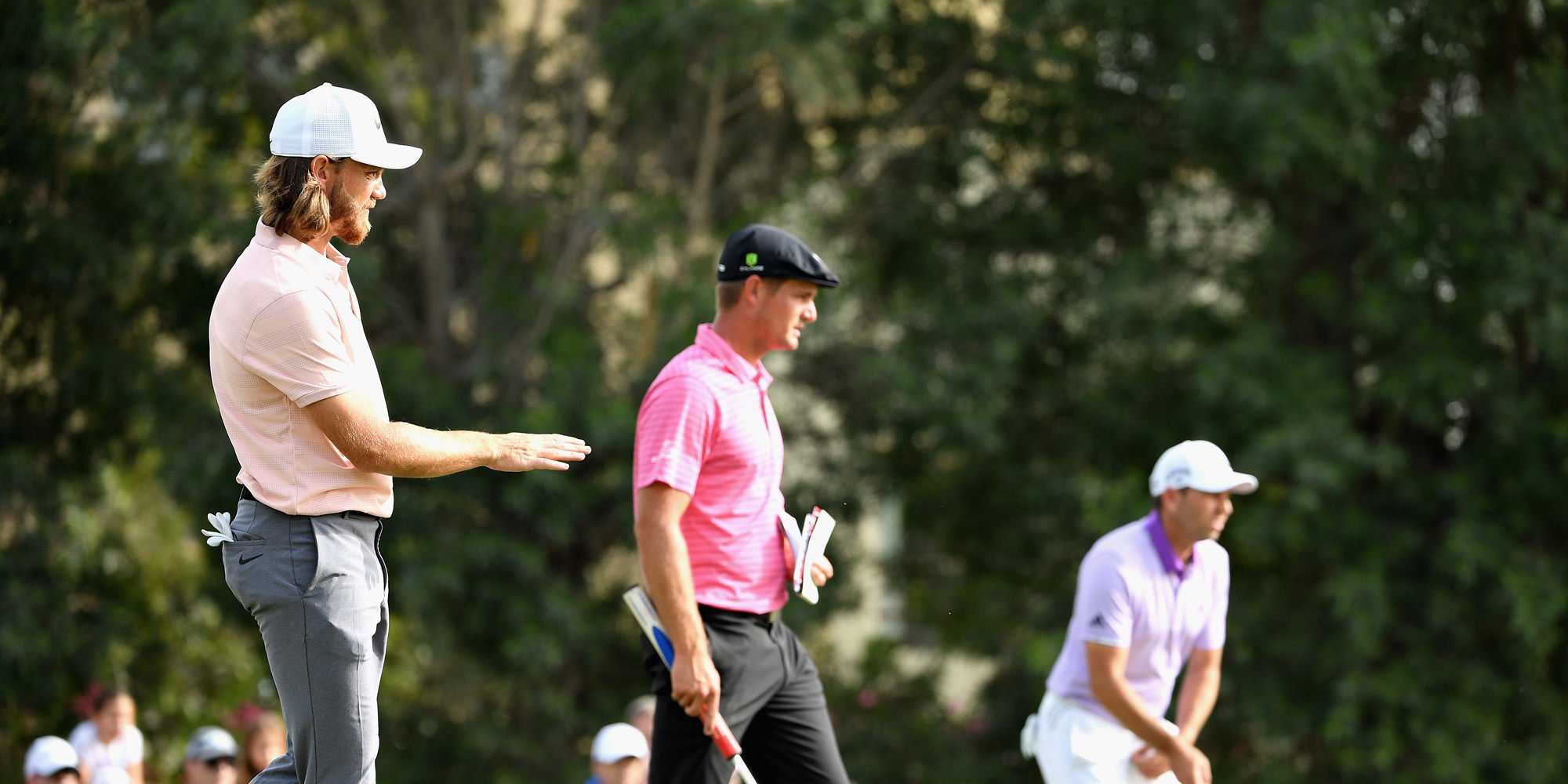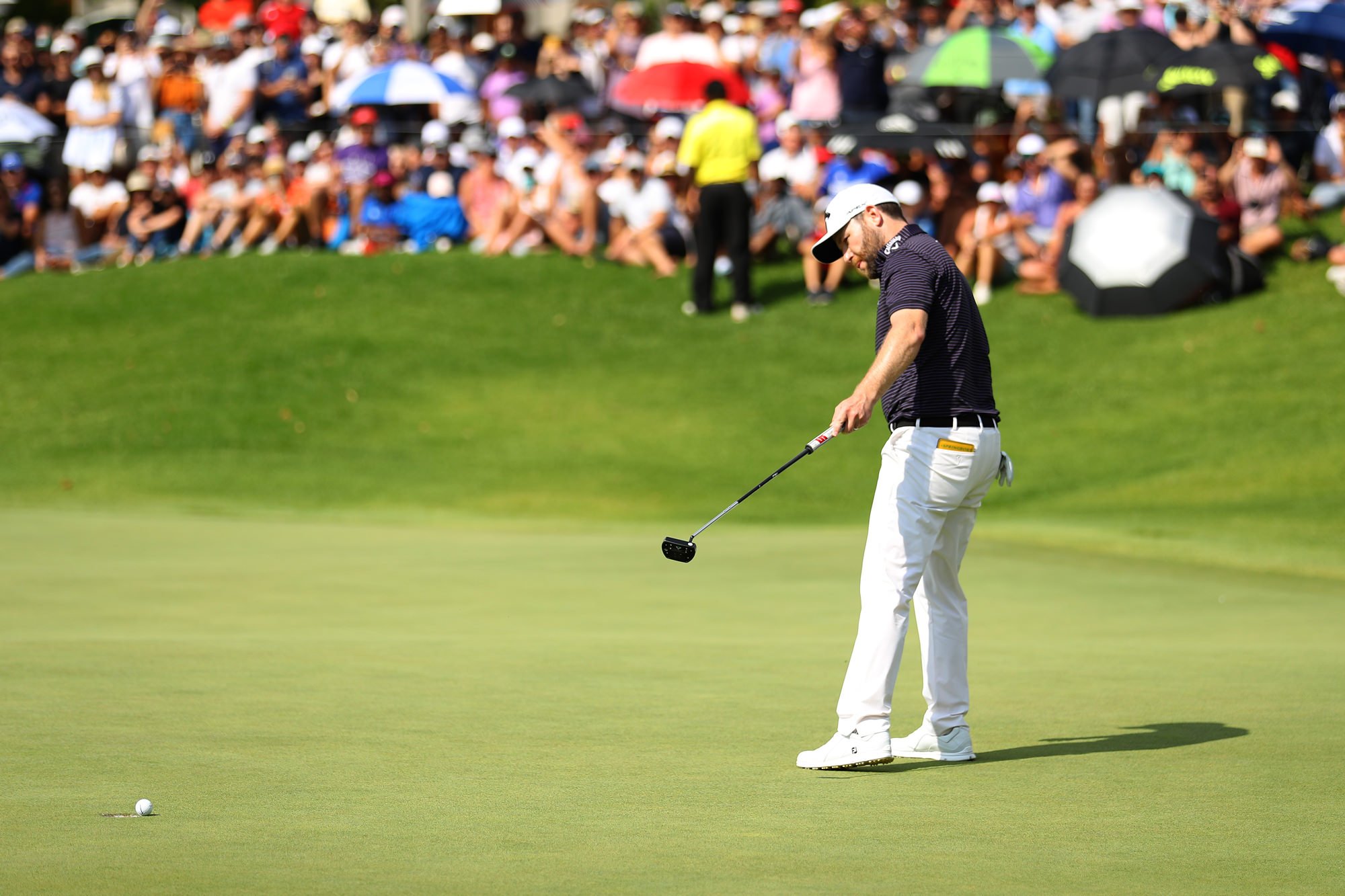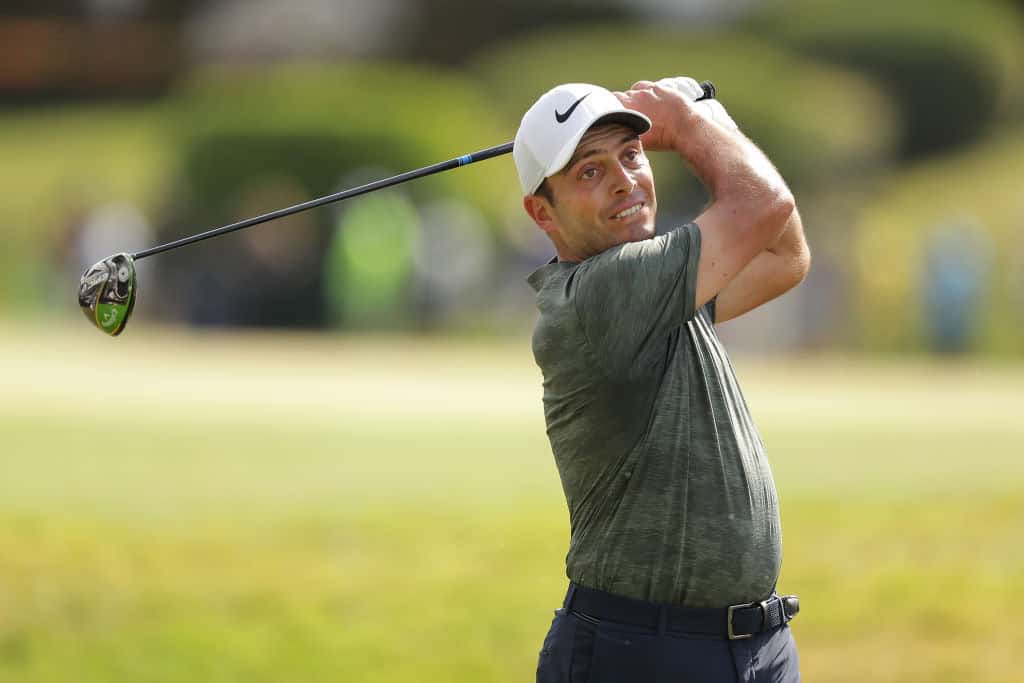
You will hit bad shots – get over them and you’ll score better
It was very interesting to hear the 2018 Open champion Francesco Molinari say what his thoughts had been during the final round of this year’s Arnold Palmer Invitational at Bay Hill.
He swept to an improbable victory with a stunning 8-under-par final round to cruise through the field having been well back in the pack after three rounds.
When asked what his goal was for the final round, he simply said he had gone out with the intention of just to keep hitting good golf shots.
For me, what would seem an almost trite statement had an element of genius about it.
So often players are asked on the TV: “What do you think you will need to shoot tomorrow to win the tournament?”
Some players then say something along the lines of, “I probably need 5-under”, or whatever they perceive the mark to be. For me, this sets up a big problem.
If you think you need 5-under to win then how does your thinking get affected if you start with a double bogey? You have projected into an imaginary future what you think you need to do relative to everyone else. You have no control whatsoever over what they do.
You also have less control over your overall score than you think. A ball bounces to the left instead of to the right and you are in trouble, putts lip out instead of going in. You clearly have a big influence over the score but not complete control.
For most golfers, the more the score is at the forefront of their mind, the more destructive it tends to be. You can want to shoot a good score as much as you like but the wanting very rarely reflects in the having.

The score also tends to put you into unpredictable mental time zones. If you are not a certain number under par relative to your target score then it is very easy to try to force that score. If you are doing really well against your projected number then again it can be really easy to start to want to hang on to your score and protect it.
Yet there is the simple idea of wanting to just keep hitting good shots. Who is in control of that intention? From the very first hole to the very last you are totally in control of your decision to focus on this shot in this moment. You have complete autonomy on the effort you put in to this particular shot in front of you. The key for me is to understand the intention to hit good shots doesn’t mean you will achieve this on every shot, not even close. But you do have control over the commitment to stay with your plan.
As the legendary coach Fred Shoemaker once said to me: “Perhaps the bravest thing a golfer can do is to stay open to the possibility the next shot will be a good one.”
You may have missed a bunch of putts but is it possible this putt right here and now might find the bottom of the cup? Is it possible? You may have missed a raft of greens but is it possible with this 7-iron in your hand that you will find this green? It is possible. The only time you shut down the possible is when you decide to; when you create a story saying “it isn’t my day”.
As I mentioned at the beginning of this piece, it sounds too simple and too obvious to say what Molinari said, “to just keep hitting good shots”, but, for me, it is a wonderfully effective mental game strategy because you are the person who is driving the bus.
You are in charge of this commitment and nobody can stop you honouring that commitment – only yourself.
Give this ridiculously simple idea a go the next time you play. Know beforehand that in all probability you will hit a bunch of bad shots, but deal with them. Let them go and get back to your simple good shot commitment.
At the very least you will enjoy the good shots more and be much less anxious about trying to control a score from start to finish.
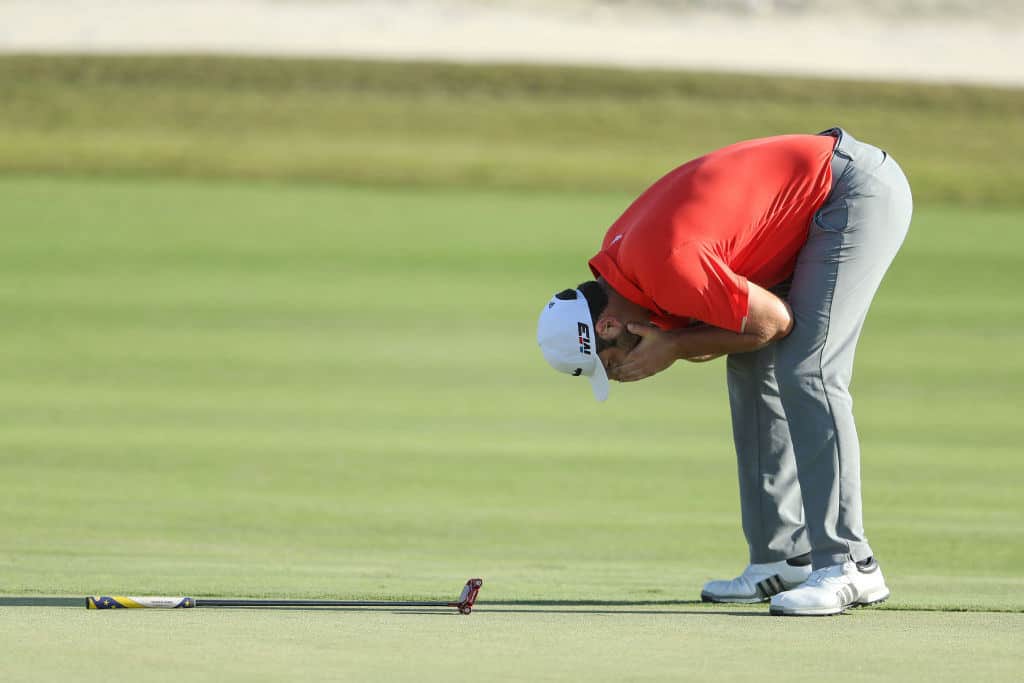
Keep calm and carry on – it will improve your golf and life
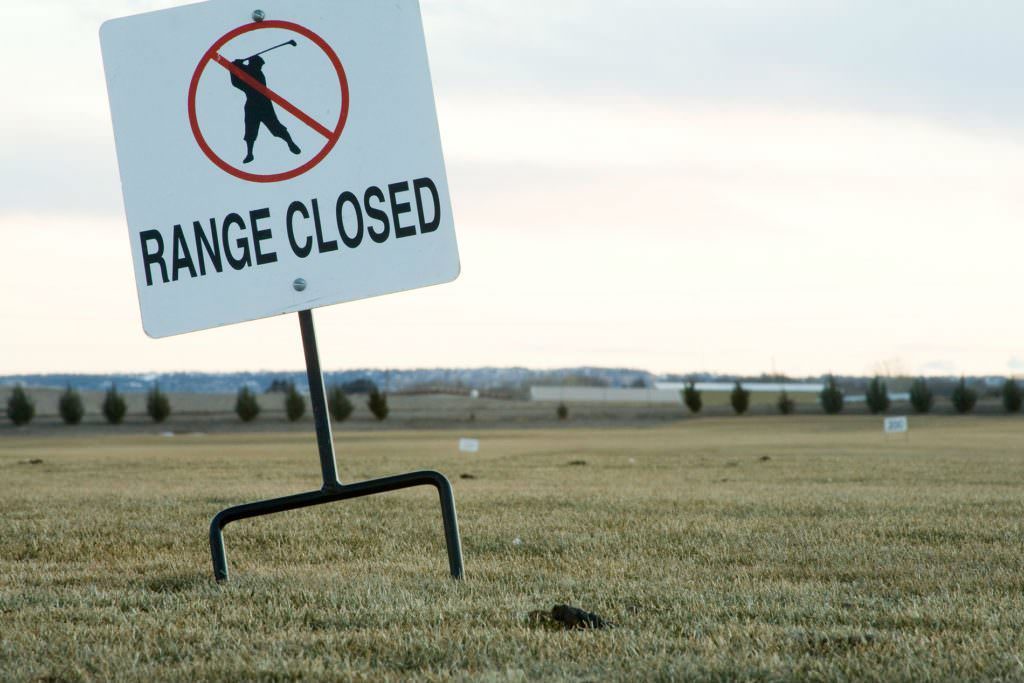
Train to be a golfer: Why the range isn’t always the answer

Try playing ‘no pin golf’ to improve your game
Alex Perry

Alex has been the editor of National Club Golfer since 2017. A Devonian who enjoys wittering on about his south west roots, Alex moved north to join NCG after more than a decade in London, the last five of which were with ESPN. Away from golf, Alex follows Torquay United and spends too much time playing his PlayStation or his guitar and not enough time practising his short game.




